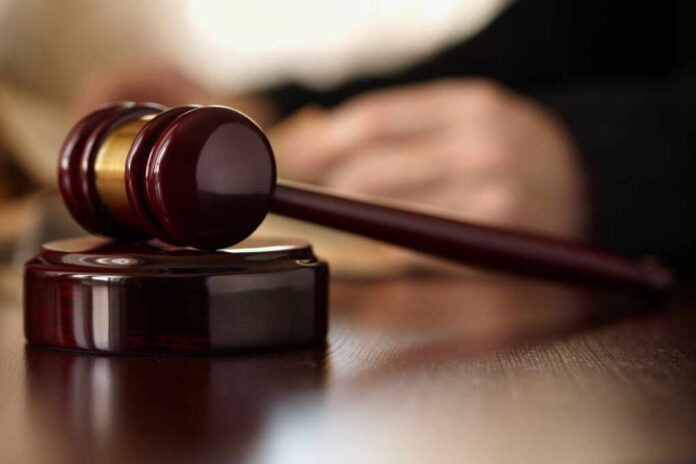
On Monday, the Supreme Court rejected an appeal from former Minnesota police officer Derek Chauvin, convicted in the Memorial Day 2020 death of George Floyd. Chauvin and his legal team contended that his 2021 trial in Minneapolis occurred amid political turmoil, with the jury potentially influenced by the threat of increased violent riots in case of an acquittal.
At the appeal, Chauvin’s attorney, William Morhmann, said, “This criminal trial generated the most amount of pretrial publicity in history. More concerning are the riots that occurred after George Floyd’s death (and) led the jurors to all express concerns for their safety in the event they acquitted Mr. Chauvin — safety concerns which were fully evidenced by surrounding the courthouse in barbed wire and National Guard troops during the trial and deploying the National Guard throughout Minneapolis prior to jury deliberations.”
The Minnesota Supreme Court also rejected the case, affirming Chauvin’s conviction. The ex-officer is currently serving a sentence of over two decades behind bars.
Derek Chauvin case finally over, SCOTUS rejects his appealhttps://t.co/KixUpltsCq
— Neal Katyal (@neal_katyal) November 20, 2023
Judge Peter Cahill of Hennepin County sentenced Chauvin to 22.5 years following the jury’s verdict of second-degree murder, third-degree murder, and second-degree manslaughter.
Last week, Chauvin appeared in court, submitting that recently acquired evidence demonstrates he was not responsible for Floyd’s death. He contends that had he been aware of the theories put forth by a Kansas pathologist, with whom he communicated in February, he would not have pleaded guilty in 2021.
Chauvin is now requesting the trial judge to nullify his civil rights conviction, call for a new trial, or, at the very least, hold a hearing for him to present the newly obtained evidence.
As per documents, Chauvin claims that Dr. William Schaetzel from Topeka, Kansas, informed him that he thinks Floyd’s death resulted from complications related to a rare tumor known as a paraganglioma, capable of inducing a deadly adrenaline surge. It’s important to highlight that the pathologist did not physically examine Floyd’s body but instead reviewed autopsy reports.
Chauvin contends in his motion that the pathologist’s evidence if presented, would have prevented any jury from convicting him.
Floyd’s death sparked widespread protests and riots throughout the United States and even in Europe. The turmoil resulted in the burning of police precincts, small businesses, and vehicles in cities and small towns across the nation.













